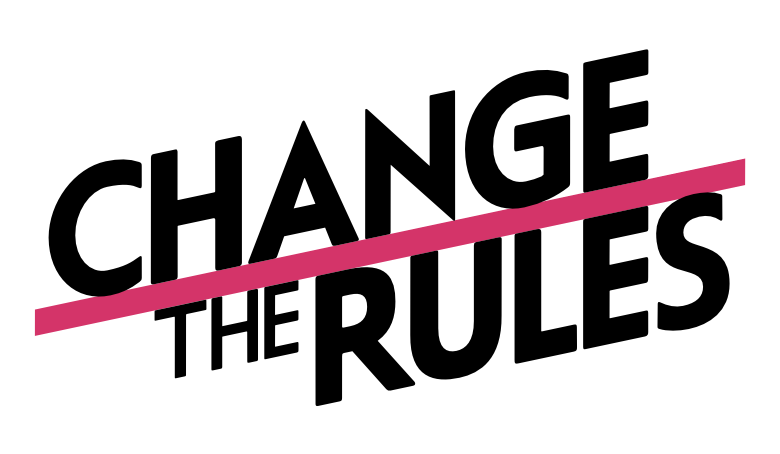A new economy is emerging from below. But we need to "change the rules" (and the system) to let it flourish
It’s great to see initiatives that try to map and connect the plenitude of locally-oriented, but globally-aware, initiatives and enterprises (it’s what we’re trying to do with our categories ‘new economy’ and ‘fourth sector’ on this blog, running back about three years).
The New Economics foundation - rightly basking in the glory of having invented the concept of the Green New Deal, now a staple of progressive politics on both sides of the Atlantic and elsewhere - have set up a site called Change The Rules (no connection to radical development agency The Rules, which is in the process of closing down). Their blurb is:
The symptoms of our failing economic model surround us: flatlining wages, precarious work and, above all, the existential threat of environmental breakdown.
Viewed from on high, our situation can appear hopeless. And yet, across the UK, there are seeds of hope, as some communities develop local economic models that share prosperity and protect the planet. These alternatives, springing up from below, allow us to imagine a different future.
This matters because, as Ted Howard of Democracy Collaborative said:
“What holds a system in place, often, is a failure of imagination that things can fundamentally change, and that there are real, viable alternatives for organising a new or a next system… Part of the answer lies in on-the-ground experimentation and model building that embraces the design and principles of a new systemic alternative.”
Around the UK, people are engaged in these activities: worker co-operatives, community-led housing, municipal and local public enterprise, zero-carbon power generation, and alternative forms of finance.
Some of these projects are flourishing, while others are fighting to survive. All must overcome a lack of funding and the effects of austerity, and a web of policies, regulations and institutions that stifles these activities and sustains our broken system.
So as well as celebrating these initiatives, Change the Rules showcases the policies that will nurture them. And because the threats we face need urgent national and international action, we set out the policies to scale up these local alternatives and embed their principles at the highest level.
Just as the Tredegar Medical Aid Society, set up by South Wales miners in 1890, inspired the creation of the National Health Service, today’s new economy projects can inspire the institutions of tomorrow. Let’s change the rules to make the economy work for everyone.
It contains two components - one, a handy Google Maps of the UK populated with a whole range of these projects (see graphic to the side, and here’s a link to the map). You can also see a list of the projects, and they are all strongly categorised (we’re a fan of robust taxonomy at A/UK!) - the list includes these (and you can add your own suggestions to the archive):
BUILDING POWER * CO-OPERATIVE CHILDCARE * COMMUNITY BANKS COMMUNITY BUSINESS * COMMUNITY ENERGY * COMMUNITY OWNERSHIP * COMMUNITY WEALTH * EMPLOYEE OWNERSHIP * GREEN TRANSITION * MUNICIPAL OWNERSHIP * SHORTER WORKING WEEK * SOCAL/COMMUNITY HOUSING * WORKER CO-OPERATIVES
You’ll recognise many of these categories as they have appear in our engagement with places like Plymouth, Ctrl/Shift and Open: Coop.
The second component gives you resources to start feeling your way to a new economic system, the rules changing and emerging from a welter of on the ground projects, many of these listed under these titles (in a sidebar):
DEMOCRATIC OWNERSHIP Diversify ownership so we all have a stake.
URGENT GREEN TRANSITION Replace fossil fuels and restore nature.
BETTER WORK, MORE LEISURE Win improved pay, conditions and hours.
HOMES FOR ALL Make land a common resource for all.
ACTIVE STATE A decentralised state that prioritises quality of life.
FAIR FINANCE Make finance the servant not master of society.
More from Change The Rules here. We are interested in some of the details and specific lurking here. As you’d expect from an organisation inspired by the “Small Is Beautiful” values of E.F. Schumacher, their Homes For All category is stuffed with interesting land policies and initiatives.
But oddly, when the search engine is used on the site, there no sign of Ctrl/Shift, Open: Coop, or even P2P Foundation or Loomio - strange, as these entities are very much part of Stir To Action’s network, who the site is partnering with. An oversight, sure to be rectified.



